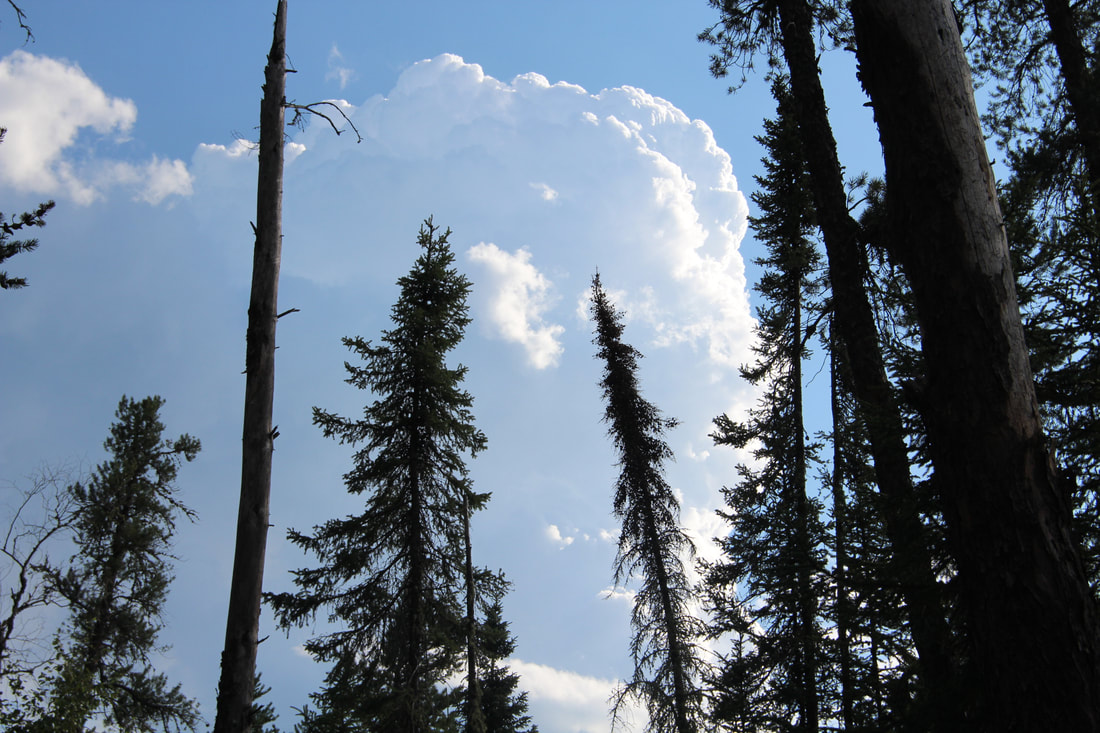|
April 22nd EARTH DAY Action Request
To: FOW members and supporters Fr: FOW Conservation Committee Re: Contact: Federal Environment Minister Steven Guilbeault Copy to: Ontario Environment Minister David Piccini Suggested Message: Dear Minister Guilbeault, I am writing to request that you issue a federal protection order for a 5 year moratorium on new woodland caribou habitat degradation/roads on forests like Ontario’s Wabadowgang Noopming WHILE the province of Ontario conducts population surveys with their recently announced $29 million in funding. (Include any key points as per our backgrounder below) [email protected] Or mail to: House of Commons, Ottawa, Ontario, Canada K1A 0A6 Please send a copy to: David Piccini, [email protected]; Or mail to: Ministry of Environment, Conservation and Parks, 5th Floor, 777 Bay St., Toronto, Ontario M5B 2H7 Please consider a Letter to the Editor of your local newspaper. --------------------------------------------------------------------- FOW CONSERVATION UPDATE – April 2023 Friends of Wabakimi are deeply concerned about the continued loss of essential habitat for woodland caribou and associated wildlife species. Boreal caribou are listed as a threatened species under Canada’s Endangered Species Act as well as by Ontario and other provinces. Ontario defines threatened as “….likely to become endangered if steps are not taken to address factors threatening it.” The recently adopted 10-year forest plan for the Wabadowgang Noopming forest continues new roads, clearcutting and habitat destruction immediately adjacent to Wabakimi Provincial Park and other surrounding parks & conservation reserves. Two MNRF maps show the areas planned for road building and clearcuts in the near term. (Map 1, Map 2) FOW actively participated in this forest planning process. The FOW supports challenges to this forest plan as unsustainable for wildlife, habitat and recreational values. The loss of boreal forest habitat is concerning others as well. Here’s a summary of what we know. Canada’s Federal environment minister Steven Guilbeault has told Ontario they are not effectively protecting the habitat of boreal caribou. Currently Mr. Guilbeault is pressuring Quebec to protect caribou. An Environment Canada five-year federal protective order is one possibility which raises the issue to high prominence; but the practical effect is unclear. (The minister recommends and the federal cabinet decides…a process that’s not public.) This is after Ontario signed a Boreal Caribou agreement with the federal government with lofty goals of collaboration, monitoring and protection. Immediately, this was criticized by the Wildland League (CPAWS chapter), as lacking actual habitat protections. On March 15, 2022, Ontario’s minister of environment, conservation and parks David Piccini pledged $29 million over four years to support habitat restoration and protection and research. Lakehead University in Thunder Bay is slated to receive significant funding. Which department will receive the funds and how will this be spent? While monitoring of woodland caribou populations is clearly needed; will it make any difference if habitat loss continues? FOW is reaching out to Lakehead to learn more. Julee Boan, now with the Natural Resources Defense Council (NRDE), and previously with Ontario Nature addressed these issues recently and noted Ontario’s weakened Endangered Species Act and the intense push-back from the timber industry. Our understanding now is that the federal government is still looking for ways to work with Ontario in some sort of cooperative sense. FOW’s (and others’) position is that there should be a moratorium on new caribou habitat degradation/roads (through the protection order for 5 years) WHILE the province conducts population and habitat surveys with their $29 million in funding. Ontario Nature Protected Places campaign. FOW has previously proposed areas near Wabakimi Provincial Park further protection, i.e. conservation reserves. These are now indicated on Ontario Nature’s story map. Protection and Preserving the Boreal Forest The bigger issue is the boreal forest and ongoing threats. As noted by Environment America, the boreal forest is the Amazon of the North, essential for global climate health. Trees that have grown for decades in the boreal forest (the largest intact forest on Earth, stretching from Newfoundland to Alaska) are chopped down to make tissue products that are used for mere seconds. Canada is one of 105 signatories to The Glasgow Declaration on Forests, announced in 2021 at the United Nations Framework Convention on Climate Change Conference (COP 26). It calls for halting and reversing forest loss and land degradation by 2030, and that achieving our global climate targets requires protecting and restoring forests. The European Union (EU) issued a new regulation last December to not allow products coming from areas of deforestation as well as “degradation.” The EU is a consumer of wood pellets from Ontario and Canadian forests. Natural Resources Canada (NRCAN) has given the industry’s FPAC $750,000 of public money to promote that Canadian forests are not degraded. (NRCAN is the federal ministry that promotes Canadian forest products. NRCAN lobbied against the EU regulation.) FOW supports petitioning the Canadian Council of Forest Ministers, (a consortium of federal and provincial officials), for a clearer definition of “forest degradation,” which should state, “Forest degradation is evidenced by widespread decline in bird habitats and populations, significant habitat fragmentation and shifts in age structure in forests managed for timber extraction, and the fact that only 15 of Canada’s 51 boreal caribou herds have sufficient habitat remaining to survive long-term.” Environmental and NGO organizations advocating for woodland (boreal) caribou and their habitats include: David Suzuki Foundation (https://davidsuzuki.org/action/protect-canadas-forests-from-degradation/) Ontario Nature (protected places) Environment North (based in Thunder Bay, ON) Natural Resources Defense Council (NRDC) The Narwhal (independent environmental journalists) PEW Memorial Trust World Wildlife Fund Canada Canadian Parks and Wilderness Society Canada Geographic Alberta Wilderness Association As if these challenges are enough, the province of Ontario is encouraging a mining boom in the boreal forest. Several large projects are proposed in areas both immediate east and west of Wabakimi Provincial Park. Research is needed to understand the environmental risks and economic alternatives.
0 Comments
Leave a Reply. |
AuthorJoin the Conversation and be part of Process Archives
May 2024
Categories |
©2020 Friends of Wabakimi All Rights Reserved

